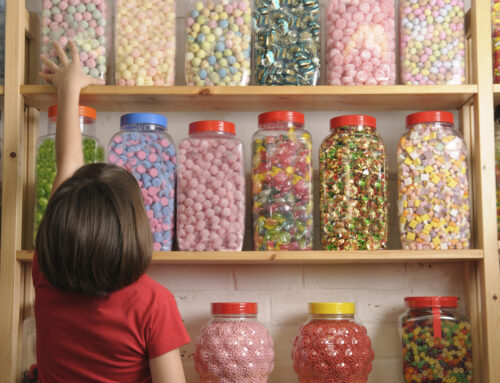Potty training is a significant milestone in your child’s development, but it can also be a challenging and frustrating experience for both parents and toddlers. With the right approach and a little patience, you can make the transition from diapers to using the potty a smooth and successful one.
Every child reaches certain milestones at their own speed and the age of achievement has no predictive value on future success. As parents, we are often bombarded by comments from friends and family that recount their own success stories of how their child was toilet trained and out of diapers at such a young age. This makes it difficult for most of us to remember that this is not a race or competition. One of the first considerations when it comes to potty training is timing. While every child is unique and may be ready at their own pace, most children are typically ready to start between the ages of 24 and 36 months. Look for signs of readiness such as showing an interest in the potty, staying dry for longer periods (at least 2-hour intervals), and being able to communicate their needs. Here are a few tips to consider during the potty-training journey:
- Create a Positive Environment: A supportive environment is crucial for successful potty training. Make the process exciting for your child by involving them in the decision-making, such as selecting a potty chair or special underwear with their favorite characters. Ensure that the potty area is easily accessible, and consider using a step stool to help your child reach the toilet. positive reinforcement can work wonders during potty training. Celebrate your child’s successes, whether it’s their first successful potty trip or simply remembering to tell you when they need to go. Consider using a sticker chart or a small reward system to motivate them. In addition to potty training, it’s essential to teach your child proper hygiene. Show them how to wipe themselves, wash their hands, and flush the toilet. Good hygiene habits are crucial for your child’s overall health and well-being.
- Patience Is Key: Do not force them to use the toilet. Sometimes toddlers will have a negative experience with a forced trip to the toilet. They might perceive the seat as being too cold. They may feel like they are falling in. Sometimes, they might have a painful bowel movement. All of these things can cause them to avoid the bathroom completely and cause them to run the other way when it is time to use the bathroom. Episodes of traumatic toilet training have led to children soiling their underwear when they are older. Slow and steady is the way to achieve success. Accidents will happen, and your child might resist the idea of using the potty at times. Stay calm and reassure them that it’s okay. Never scold or shame your child for accidents.
- Transitioning to Big Kid Underwear: Once they are consistently using the toilet it may be time to transition to underwear. Let your child choose their underwear, which can make them feel like a “big kid.” Be prepared for accidents but continue to encourage them to use the potty. Pull-up training pants can also be a helpful intermediate step. Daytime and nighttime potty training are different challenges. It’s common for children to remain in diapers at night even after they’re successfully potty trained during the day. Keep an eye on your child’s nighttime dryness and consider using training pants designed for overnight use.
When Does Potty Training Become a Concern
If your child is between 3 and 4 years old and still showing no interest in the potty, it may be time to institute a routine. Establish a schedule that includes regular potty breaks, especially after meals and before bedtime. Encourage your child to sit on the potty even if they don’t feel the urge. Consistency helps establish a sense of normalcy around using the potty. However, if your child is resisting this schedule, it is important to have a conversation with your pediatrician.
Seek Professional Help If Needed
In most cases, potty training is a normal part of a child’s development, and they will eventually get the hang of it. However, if you encounter persistent challenges, such as extreme resistance, frequent accidents, or physical discomfort, it may be a good idea to consult a pediatrician for guidance.
Potty training is a significant milestone in your child’s life, and it requires patience, understanding, and recognizing certain developmental cues. By creating a positive environment, offering praise and rewards, and being patient and attentive, you can help your child successfully transition from diapers to using the potty. Remember that every child is unique, and the process may take time. With the right approach and support, your child will eventually become a potty pro, and you’ll celebrate this milestone together.
Dr. Lawrence Bergman is a proud member of the TopLine MD Alliance practicing Pediatric Care in Palm Beach County.
The TopLine MD Alliance is an association of independent physicians and medical practice groups who are committed to providing a higher standard of healthcare services. The members of the TopLine MD Alliance have no legal or financial relationship with one another. The TopLine MD Alliance brand has no formal corporate, financial or legal ties to any of the affiliated physicians or practice groups.





